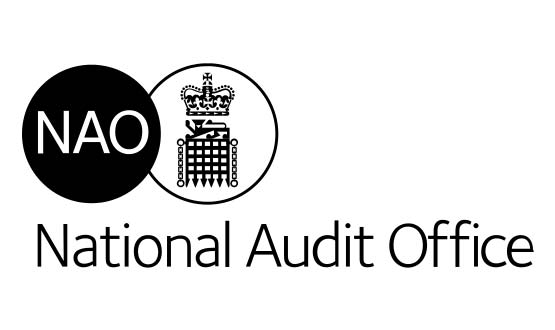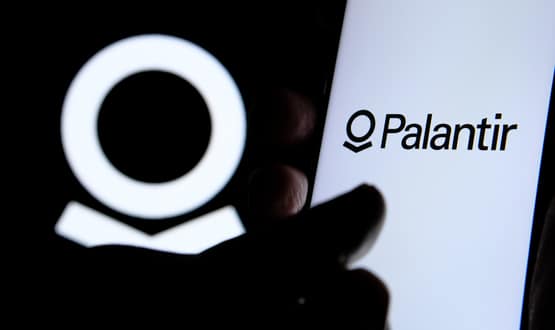Over-budget GPES has no future – NAO

Significant delays to the General Practice Extraction Service have seen costs rise from £14 million to £40 million – and design failures mean it is unlikely to have a long-term future, a National Audit Office report has said.
The NAO has today published the findings from an investigation into the service, which collects data from all GP clinical systems in England.
In a statement, it says mistakes in the original procurement and contract management have increased costs, while the HSCIC may get as little as two more years’ use from the system.
“The total expected cost of the GPES programme increased from £14 million to £40 million during the planning and procurement stage,” the report states.
“Further cost increases have been smaller, but the project has had at least £5.5 million of write-offs and delay costs.” After these write-offs, the value of GPES is £12.9 million.
GPES was originally due to start work in 2009-10, but the project suffered serious delays and is still not working as planned.
The first data extract was provided to NHS England in 2014 and the commissioning board is the only customer to have received any data.
Despite this, GP suppliers were paid £1.4 million in “system maintenance charges” between the expected start date of the service and the first live extraction in April 2014.
“The value of the system as an asset of the HSCIC and its projected useful life have significantly reduced because of design and development failures,” the report says.
“The HSCIC has acknowledged there is unlikely to be a long-term future for all or part of the GPES. However, they intend to reuse parts for a replacement system if possible.”
The report says the HSCIC is unlikely ever to use some parts of a query tool developed by Atos and has written off a further £842,000 as the estimated cost of developing this part of the project.
It also says the HSCIC paid a further £1.9 million to Atos after April 2013 for remedial work to fix failures in the query system. However, Atos has disputed this.
A spokesperson for the company told Digital Health News that it had worked closely on the project with the NHS Information Centre and then the HSCIC, and that it had delivered on time to their requirements.
When the system failed to work as hoped in a real-world environment, it “undertook further work outside the original scope of the contract”, but “was not paid for fixes.”
In a note to editors, the company said the problems were down to a number of factors, “including the size and complexity of the live extract specification” and the need for GPES to work with other complex software, such as the NHS data Spine, the CQRS payment system, and individual GP systems.
The HSCIC says GPES was stable enough to facilitate Quality and Outcomes Framework payments for more than 8,000 GPs last year, and that it completed 38 data extracts for eight different extract types. Twenty-four types of data extract are expected to be done this year.
“After stabilising the service we are working with organisations that have previously made extract requests to agree on their current requirements and be realistic on what can be achieved,” the HSCIC said.
Other intended customers of GPES include Public Health England, clinical commissioning groups and the Care Quality Commission.
In 2012, the HSCIC set up a GPES Independent Advisory Group to review requests for GP patient data. However, the group was disbanded last month and replaced by a new system of information governance, which separates data collection and data dissemination.
The data extracted via GPES was intended to be used to monitor quality, plan and pay for health services and help medical research.
One of its main roles is extracting data from GPs for the controversial care.data programme. This primary care data will be linked with an expanded set of Hospital Episode Statistics within the ‘safe haven’ of the HSCIC.
However, the programme has been on hold since early last year due to an outcry from privacy groups about the lack of clarity on how patients could ‘opt out’ of the data collection. Four care.data pathfinders are now being used to pilot a new communication programme with patients.




